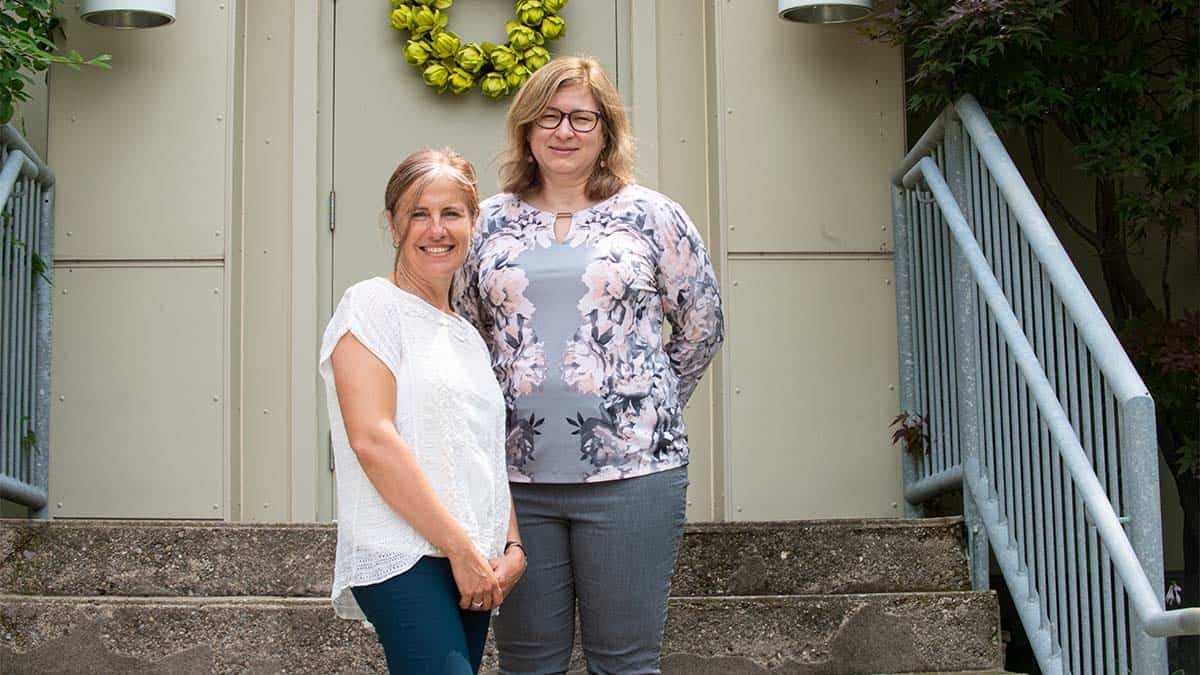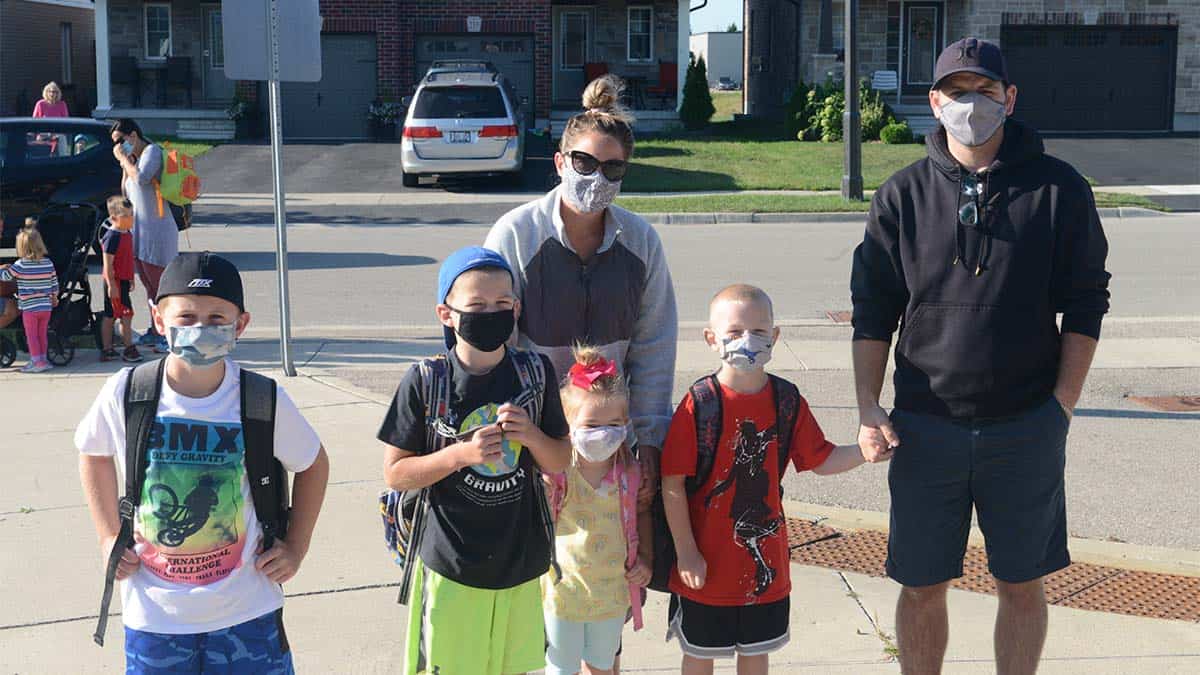There may be loosening of restrictions and more openings in the economy, but the mental wellbeing of Waterloo Region residents still remains a concern, say experts, who are still sorting out the impacts of COVID-19, resultant lockdowns and ongoing fallout.
“I think it’s important to recognize there’s no one response and there’s no one reaction to this pandemic. We’ve seen that some of us have been able to adapt – some better than others – to those different ways of school, different ways of having to connect with their friends. And some even found they were feeling better than before the pandemic in terms of reduced social pressures and academic pressures,” said Susan Gross, a psychologist working with the Waterloo District School Board as well as in private practice.
“I think my biggest concern is how to support teens to be resilient – they have all gone through and are continuing to go through this unique experience,” she added.
“You think of developmentally how much a youth, a child, an infant learns in a year and a half, and what they’ve missed just from the lack of normal social interactions with other people outside of their immediate family, and the impact those have on our development and being more well-rounded,” said Barbara Ward, mental health lead for the Waterloo Region District School Board.
“We can’t measure the way we did pre-pandemic because too many things have changed. There’s no going back to that, that normal. There needs to be different expectations. We can’t ever go back and ignore everything that we’ve learned now about how we can do things online, and how we can help, what can help kids. We can’t just ignore all that. I think the students need to also be kind to themselves and their academic expectations.
“The other thing I worry about is the disproportionate impact with some of our populations, especially the students who are racialized and oppressed, and how are they going to come back to school. What supports do we need to put in place so that their experience is positive. And that they can feel a strong sense of belonging – I think we have some work to do with that, because it’s the students that make our schools come alive,” noted Ward.
Both Ward and Gross say they are intrigued to see the impacts virtual learning has created on students, noting that students who are more anxious did well with online learning through the school year, while some students, possibly because of inequities, didn’t find it efficient or effective.
“My hope is that rather than remain focused on the fear and the worst-case scenarios of what they have lost, we can kind of focus moving forward in that shared story and sharing what we’ve learned about ourselves and about each other around the globe,” added Gross.
Gross and Ward have developed an understanding of what parents are going through, and wants them to know that every child or teen will experience the pandemic differently, it’s important to know what challenges your child faces from social anxiety to academic setbacks. Teaching them to problem solve and be flexible are advantageous to their brain development.
“Kids have to feel like they belong and they’re cared for, and they have that safety net to return to,” added Gross.
Children and youth between the ages of 9 and 18 were invited to respond to the 2020 Youth Impact Survey (YIS) to share insights into their well-being. Organizers received just over 300 responses from across the region. The survey by Waterloo Region’s Children and Youth Planning Table showed that in the midst of the pandemic, 44.6 per cent of respondents reported feeling sad or hopeless for several days in a row after looking back on the past 12 months. Across Canada, 27.4 percent of youth reported feeling similar. Almost one in three YIS respondents in the region reported feeling like they had more schoolwork than they could handle.
A survey of 3,000 Canadians by the Canadian Mental Health Association (CMHA) done in September 2020 showed that 48 per cent of parents of children under 18 worried about finances, 27 per cent of that group worried about having enough food to meet their family’s needs.
“There’s definitely been an upswing, there are more people reaching out for support and more people are feeling that they’ve reached their limits. The second wave hit really hard, so although people felt like they were able to try to manage and cope through that first wave, some needed extra supports, but the second wave is where it seemed to really hit people hard. And we definitely saw a lot more people coming in for some mental health support,” said Beth Mason, program director for the Woolwich Counselling Centre.
“The reality is, of course, we’ve never had a pandemic, unless you’re 100 years old. So, this is very new. And whenever anything new occurs, there can be a sense of unknowing and uncertainty and that really prompts and provokes anxiety in a lot of people. The problem with this pandemic was not just that it was new – but that there was several changes, and almost daily changes in regards to protocols and policies, updates from public health and vaccines, this and that, and so those roller coaster changes didn’t help individuals navigate this significant disruption in their life,” she said.
“Unfortunately, family breakups are definitely up over this past year. We’re hearing from collaborating agencies that are working with these particular populations have absolutely put in warnings and advised us, ‘yes, this is happening, we’re seeing this happen.’ There’s been additional services or resources put in place for different populations for us to help support those.”
Mason said the reason for an increase in family divorce or breakups over the pandemic is due to changing work schedules, increased financial pressures and isolation. Many women found themselves to be stay-at-home moms, 24 hours a day, seven days a week, with little for children to do, creating new pressures on parents.
“We can support them one on one, we provide group programming – what we’re going to see more and more is escalation of fear upon the return of normal and social anxiety ramping up – we can support individuals to manage that so that they can take steps towards reunification with the community,” added Mason, directing anyone looking for support in the area to the Woolwich Counselling Centre.









